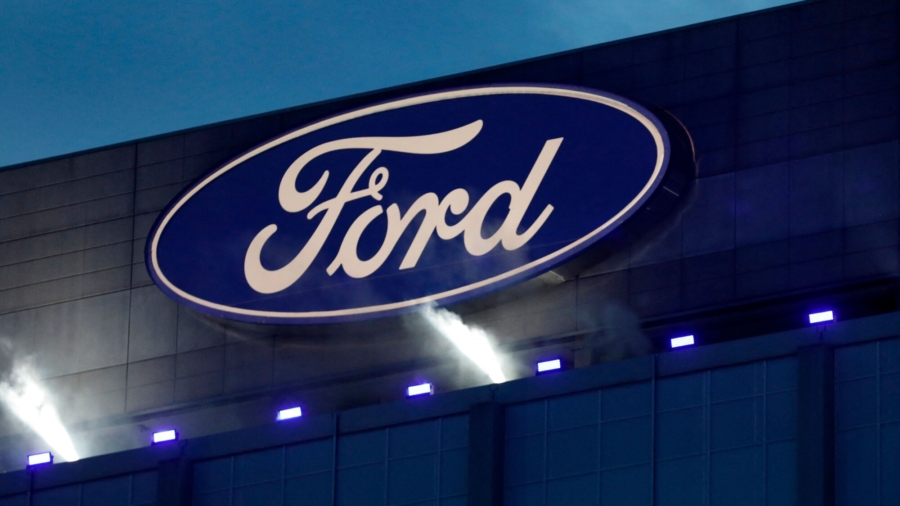In the biggest Electric Vehicle (EV) manufacturing loan ever, the U.S. Department of Energy (DOE) has agreed to lend $9.2 billion to a joint venture of Ford Motor Company and South Korean partner SK On to build three battery plants in Tennessee and Kentucky.
The joint venture, called Blue Oval SK, obtained the conditional low-interest government loan from the Advanced Technology Vehicles Manufacturing loan program in a move to compete with China in the EV battery market.
Two battery manufacturing plants will be built in Kentucky and one in Tennessee, collectively capable of producing more than 120 gigawatt hours’ worth of batteries, according to the DOE.
The factory construction will create 5,000 construction jobs, and 7,500 operations jobs once the plants are up and running
Jigar Shah, head of the DOE’s Loan Programs Office, said in an interview that the rationale was “to have people choose to put these supply chains here in the United States, not in other countries, and to do them faster and more confidently here.”
Two years ago, BlueOval SK already announced their plans to invest $11.4 billion to build three battery plants in the United States, in addition to an F-150 EV truck assembly plant.
BlueOval SK CEO Robert Rhee said the loan will be used to “strengthen critical domestic supply chains, and produce high-quality batteries for future Ford and Lincoln electric vehicles.”
The $430 billion Inflation Reduction Act approved in August also created a $45 per kilowatt battery production tax credit. According to Ford, this could lead to a combined tax credit in excess of $7 billion over the coming three years.
Though the investments target Republican-leaning states, many Republicans have criticized the Biden administration vigorous push toward EVs and away from more reliable fossil fuels. In Thursday’s hearing of the House Energy and Commerce Committee, the administration faced more criticism.
“People are struggling to afford some of the highest energy and auto prices in decades as a result of Biden’s energy and inflation crisis,” House Energy and Commerce Committee Chair Cathy McMorris Rodgers (R-Wash.) and Environment, Manufacturing, and Critical Materials Subcommittee Chair Bill Johnson (R-Ohio) said in a statement, adding that the rush toward green energy policies are hurting middle and low-income families the most.
Another concern is that China’s control of the minerals required for battery construction may lend the Chinese Communist Party unprecedented leverage over the future world economy.
Recently, Japanese carmaker Toyota came under pressure from its investors for its reluctance to go full-EV as it anticipates “tremendous bottlenecks” in ore supplies will accompany the global switch towards EVs.
The loan is good news for Ford, which, since the beginning of this year, has had to recall a staggering 4 million vehicles over various manufacturing defaults, including the recall of 125,000 hybrid models over engine fire risks.
Other recalls involved less acute issues. Just this week, Ford said it was recalling nearly one million trucks and SUVs because instructions on adjusting head restraints were lacking from their manuals.

